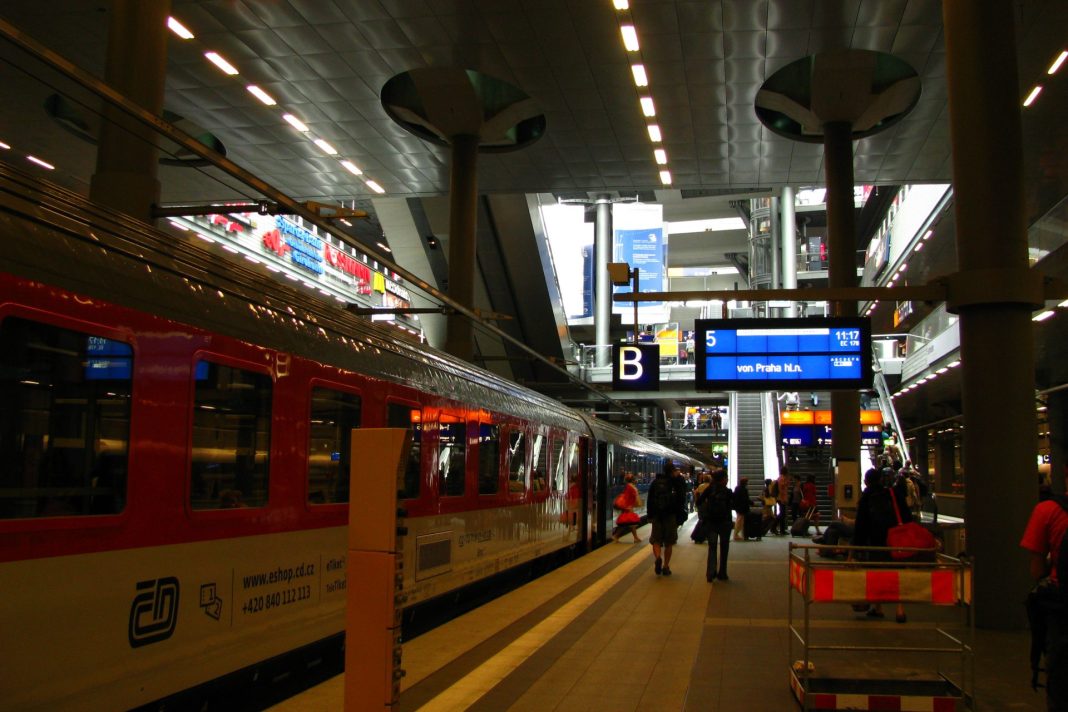If you are wanting to travel the continent this summer to soak up some sun, party into the early morning, convince yourself your three-day travel romance is the love of your life – and obviously appreciate the rich culture and history – interrailing sounds like it may be for you.
ABBA might have been right when they said ‘it’s a rich man’s world’ but that doesn’t mean you can’t fulfil your European ambitions this summer. There are so many ways that you can cut down the little (or big) costs that add up all too quickly. It is easy to lose track of money between the Aperol spritz, sunbathing, national parks, and late night döners, but hopefully these tips will help ease your mind and help you make the most of your interrailing experience.
Plan with your pass
The best way to interrail is with an Interrail Pass, a train travel pass that is great value for money – although you may still need to pay for seat reservations!
There are different types of Interrail Passes on offer. The main price difference is between passes that offer unlimited travel days over a certain time period and ones that only allow a certain amount. If you already have a route with a certain number of stops in mind,you can save by opting for a pass with a set amount of travel days that matches your plan. Even if you have more travel days planned than a set-day pass might permit, it can work out cheaper buying the extra tickets not through the pass, than buying a more expensive pass. Purchasing the set amount of travel days doesn’t tie you to any set dates either, so you will still have plenty of flexibility.
Inter…bussing?
Trains in Europe are marvellous, and the UK could definitely learn a lesson or a hundred about how to properly run a rail service. That being said, for shorter distances, getting buses can sometimes be half the price and reach places that trains don’t. They can also come in handy if seat reservations are sold out and you don’t fancy sitting on the floor, being judged by all the Germans who of course did remember (a uniquely humbling experience).
Night trains
As well as being a pretty cool experience in themselves, night trains are a brilliant way to save on a night of accommodation. If you are short on time, night trains can help you get from place to place and save time for exploring in the day. Food is extortionate (and notoriously bad) on board so remember to bring your own.
Location, location, location
A big variable on your expenditure is where you decide to travel. Outside of Western Europe, everything tends to be a lot cheaper and arguably more interesting. Rural areas are much cheaper than cities, and can offer a rather different experience, great for nature lovers and hikers.
When staying in cities, accommodation outside the centre is typically less expensive, even when you factor in the cost of necessary public transport. Electric scooters are more popular in Europe than in Oxford and are often the cheapest mode of transport around.
Accommodation: the bigger the better?
Accommodation is likely to be the biggest cost on any interrailing trip, but there are a few ways to save. For the best prices, check Hostelworld, Booking.com, and the hostels’ own website, as prices can vary a lot. It is advisable to book accommodation as far in advance as your flexibility allows.
Going for bigger dormitories can also save you money. They really aren’t as bad as they sound and if you are travelling in a group, you will know most of the people there anyway. It is also where you’ll most likely meet future travel companions.
If you are in a group, booking an Airbnb can be cheaper than hostels and in better locations. From personal experience I can warn against fitting more people into an Airbnb than it is listed for, less you desire to have your passports held hostage by an angry Croatian man until you pay up the difference.
Looking for accommodation with kitchen access is also a great way to channel your inner Gino D’Acampo and save on having to eat out every night. Although be warned, whilst most are well-kept, some hostel kitchens can be worse than even the messiest university accommodation!
Money, money, money
Having the right card when you travel is important and avoids frustrating conversion rates and fees. Monzo, Revolut, and Starling Bank charge no foreign transaction fees and use the Mastercard exchange rate. Starling Bank offers unlimited fee-free ATM withdrawals – the other two only permit £200 a month. They all have very accessible apps that make budgeting and transferring money to friends easier, ensuring you always get paid back for dinner.
Most places take cards but there are some places where only cash will be accepted, especially at local markets and clubs, and lots of places in Berlin – you won’t be able to survive there without it!
Travel wash
Laundrettes are expensive; bringing travel wash allows you to frequently wash your clothes (usually in a sink) without having to splash out. This also allows you to pack lighter, which can reduce the temptation to spend money to avoid long walks with your bags and makes for a comfier trip in general.
Bring a padlock
Hostels will have lockers in the room but no padlock, so to avoid leaving your now lovely clean clothes vulnerable to the prying hands of the less virtuous interrailer, it is definitely advisable to bring your own.


